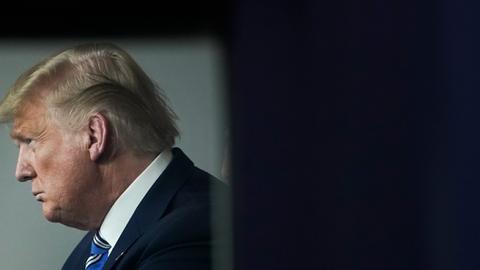The coronavirus’s economic impact is dramatic; the virus’s consequences for world politics could be more consequential. To begin with, the balance of world power could change significantly as some nations recover with relative speed, while others face longer and deeper social and political crises. But the crisis is also affecting nations’ domestic politics, and it is through this channel that its most lasting consequences will likely be felt.
Well before the pandemic, populist movements, sometimes under authoritarian leaders, were challenging established, centrist political parties and ideas around the world. The globalist, free-trade policies that had dominated the international agenda since the 1990s were among the populists’ chief targets, along with international institutions ranging from the International Monetary Fund and the World Trade Organization to the European Union.
The question is whether the pandemic will provoke renewed support for technical expertise and multilateralism or will accelerate the erosion of what critics call the “neoliberal order” of the post-Cold War world.
Read the full article in the "Wall Street Journal":https://www.wsj.com/articles/will-coronavirus-kill-populism-11585004780….















